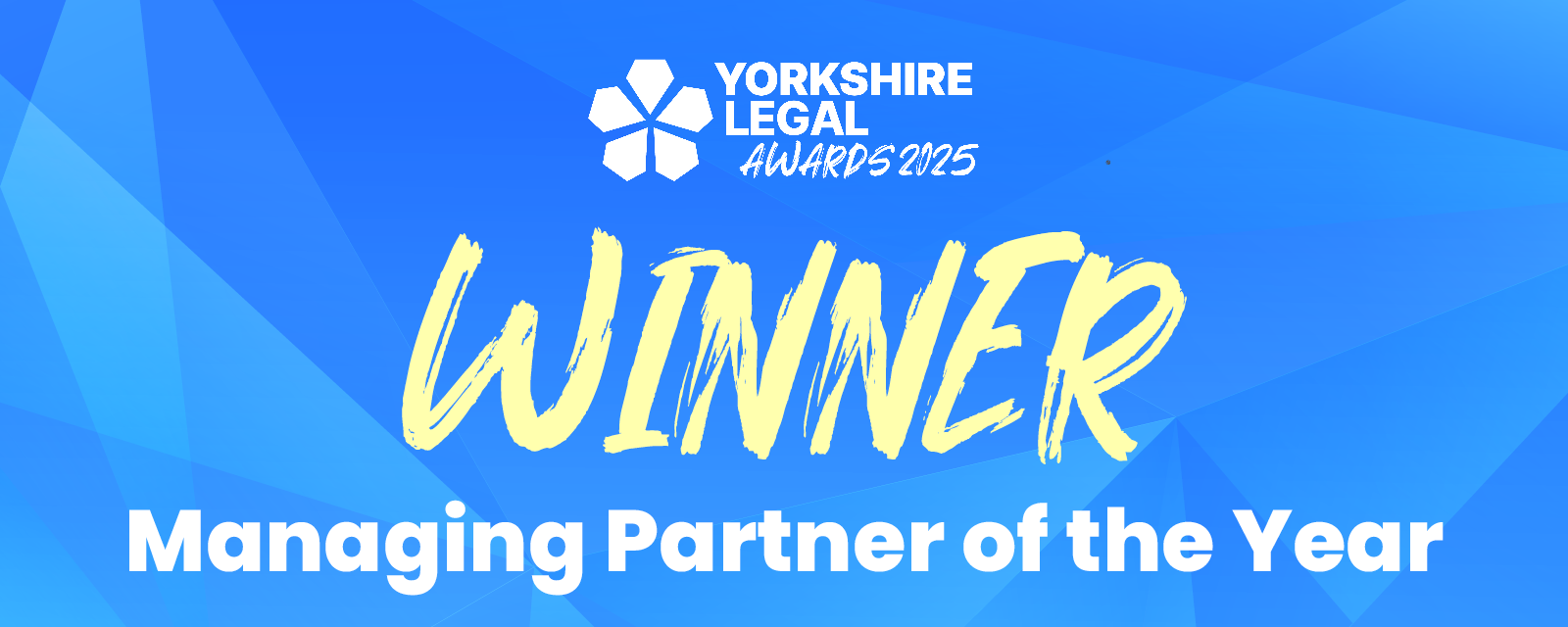Statutory Sick Pay is Changing – Here’s What You Need to Know
Big changes to Statutory Sick Pay (SSP) are expected from April 2026, as part of the proposed Employment Rights Bill. These changes aim to make SSP more accessible, fair, and inclusive, especially for lower-paid and neurodivergent employees or those with long-term health conditions.
Here’s a quick overview of what’s changing, why it matters, and what both employers and employees need to do next.
What is SSP?
SSP is a statutory entitlement that provides income to employees who are off work due to illness. As it stands, SSP:
- Is paid from the 4th day of sickness (with the first 3 “waiting days” being unpaid).
- Pays a fixed weekly rate of £109.40 (as of 2025), regardless of your usual income.
- Requires employees to earn at least £123 a week (meaning employees earning less than this don’t qualify for SSP).
What’s Changing from April 2026?
The upcoming changes proposed under the Employment Rights Bill will make SSP more accessible, flexible, and fair. Here’s what you need to know:
SSP from Day 1
SSP will now be available from the first day of absence, removing the three unpaid waiting days. This change is crucial for employees in lessening the financial pressure during illness, especially for those with unpredictable health conditions.
No Earnings Threshold
The lower earnings limit will be scrapped, meaning those on low wages, part-time contracts, or with irregular hours, who previously didn’t qualify for SSP, will now be eligible.
Pay Based on Earnings
Instead of a flat weekly amount, SSP will be calculated as a percentage of your usual income. This means that employees will receive an amount more closely aligned with their regular income, which helps create a fairer system, especially for those who are lower paid.
Why Do These Changes Matter?
These changes are not just technical changes, but they represent a step forward in creating a fairer, more inclusive workplace. Here’s why they matter:
Better Support for Health Conditions and Neurodiversity
Employees who are living with chronic conditions or who are neurodivergent may need more frequent or unpredictable sick leave. By eliminating the waiting days and scrapping the earnings limit, the system becomes more accessible!
Promoting Mental Health and Wellbeing
Removing waiting days and offering earnings-based pay reduces the financial strain of illness, allowing employees to focus on recovery. For workplaces serious about wellbeing, this is a step in the right direction.
Improved Business Planning
While the changes may mean employers face higher costs, employers will benefit from a clearer, more consistent approach to absence management especially in supporting disabled employees or those with fluctuating health.
What Does This Mean For Employers?
For employers, these reforms mean it’s time to review your policies, practices, and payroll systems. Here are the key considerations:
- Budget for increased sick pay costs, especially with SSP starting from day one and being based on earnings.
- Update HR and payroll systems to reflect the new SSP structure.
- Train line managers to manage absences fairly and inclusively. This is particularly important for supporting neurodivergent staff.
- Revisit your absence policies to ensure consistency and legal compliance.
At Thrive Law, we work with businesses of all sizes to help them meet these challenges head-on, always with an inclusive and people-first approach.
For employers, these changes are significant. Here’s what to keep in mind:
- With SSP paid from day 1 and a percentage of pay, employers should budget for increased sick pay costs, especially for lower paid or part time workers.
- Your payroll and HR policies will need to be revised to reflect these changes.
- Ensure the absence management procedures are consistent for reporting and handling sickness. This is important to avoid discrimination or legal risk.
- Consider training line managers to handle sickness absences fairly and inclusively.
What Does This Mean For Employees?
For employees, these changes are good news! Here’s how they’ll benefit you:
- No waiting days – you’ll receive SSP from day 1 of sickness, easing financial pressure.
- Greater eligibility – no minimum earnings threshold means more workers qualify, especially part time, or low paid employees.
- Fairer pay – SSP will now reflect your actual income, reducing financial strain when sick.
- Better inclusion – the changes are designed to be more inclusive of all health conditions.
How can Thrive Law help?
We will be sharing more on SSP and other changes coming into effect from the Employment Rights Bill. We will follow these changes closely and consider in more detail the implications for both employees and employers, sharing our insights with you as we go.
April 2026 may seem far away, but the changes will come in fast, so don’t forget to sign up to our newsletter, or you can book a call with one of our team to help you plan how to navigate these changes effectively on enquiries@thrivelaw.co.uk
We will also be sharing lots of updates on our socials so click here to connect:
Thrive Law on Instagram | LinkedIn | Twitter (X) | Facebook
Disclaimer
Please note this blog is for reference purposes only and is only accurate at which the date it was published. It does not constitute legal advice and should not be relied upon as such. Specific Legal advice about your specific circumstances should always be sought separately before taking or deciding not to take any actions. Please contact us if you have any questions on enquiries@thrivelaw.co.uk









